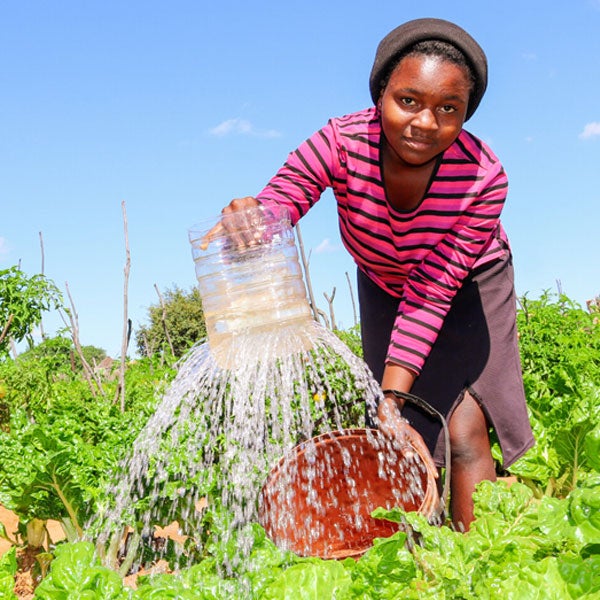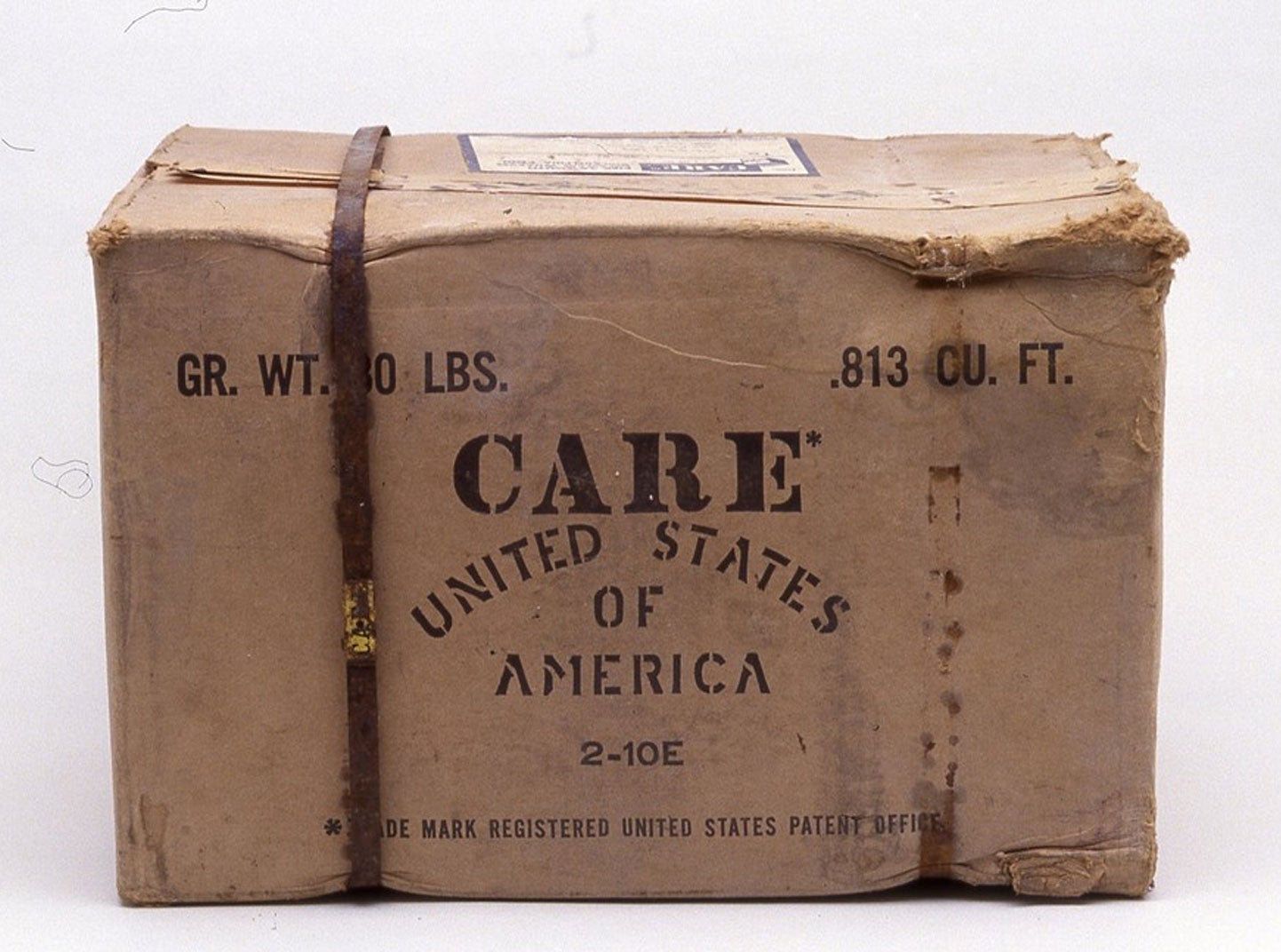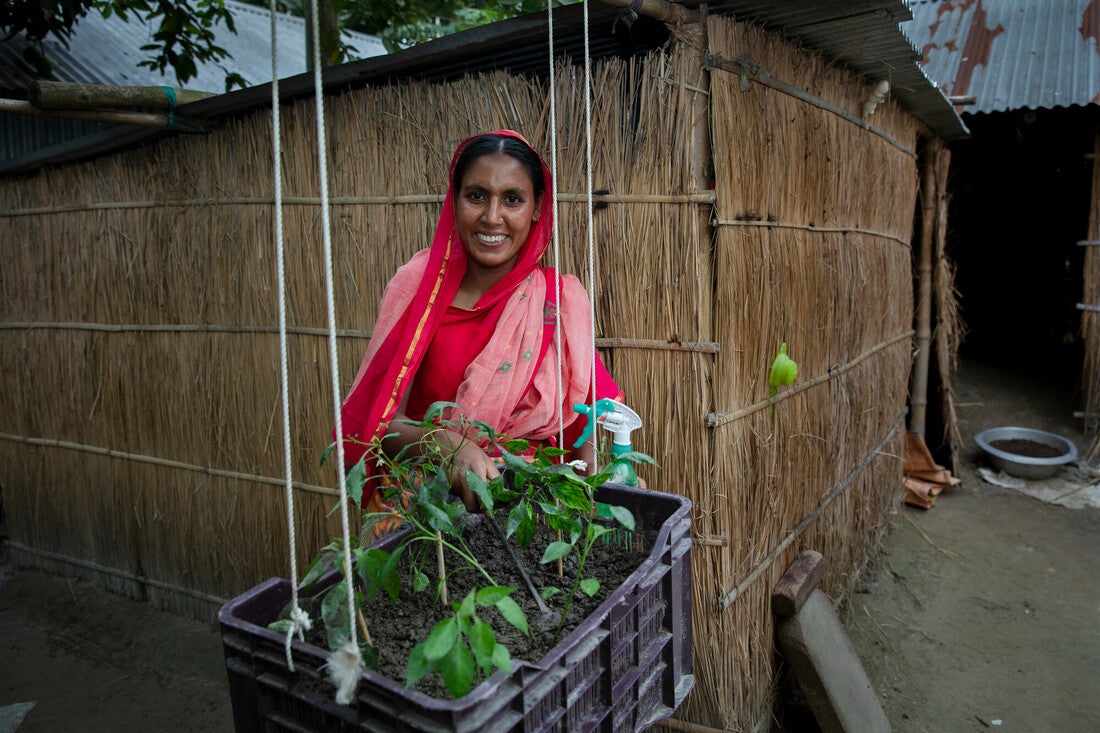About this report
COVID-19, climate change, and conflict are exacerbating the resilience of the most vulnerable communities and groups, especially women and girls. 53% of women and 50% of men reported an impact on their livelihood; since March 2022, women and men reported livelihood impact increased to 64% of women and 58% of men.
Food insecurity is rising; since March 2022, 52% of women and 29% of men reported an impact on food security. Women are more likely to eat less and not eat at all.
Crises are intensifying insecurity and gender-based violence, and the different livelihoods, food security, work burden, and increased violence affect women’s mental health. More women than men are reporting stress and mental health issues. Women are showing remarkable leadership and supporting their families and communities – 64% of women and 50% of men are focusing on actions to provide food for their households.
Women are helping to lead community response, but the space for their participation and leadership is shrinking. The best way to understand what is happening to crisis affected populations—especially for people who often do not get a chance to inform the global conversation—is to listen to their voices and experiences.
This report represents 6,299 respondents (4,610 women) from nine countries and provides quantitative and qualitative insights from countries that CARE conducted assessments in 2022.


